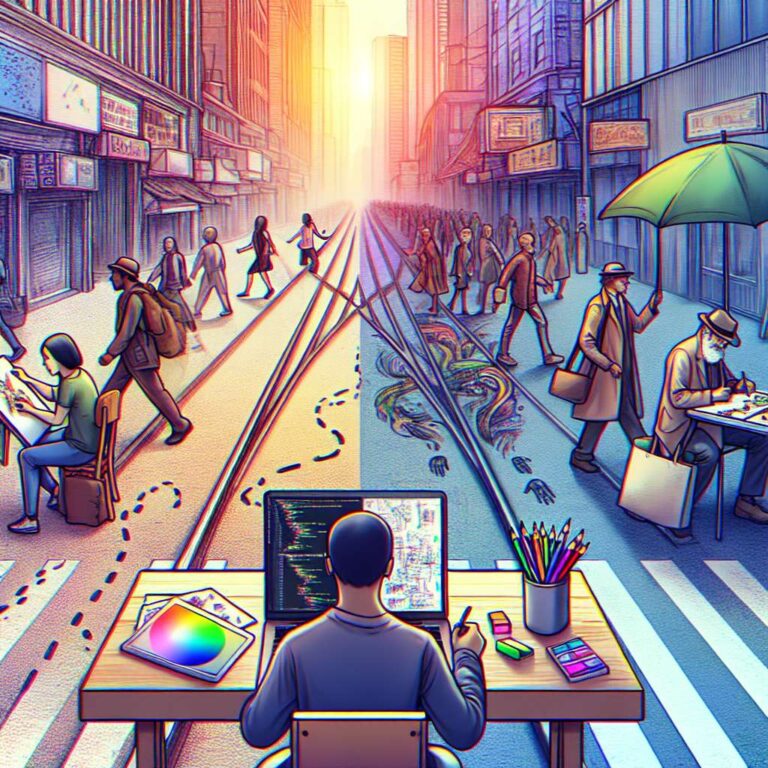No generation is spared from the cultural upheaval of new technology, and the 2020s are defined by the rise of artificial intelligence. The article draws on a Jobs and Skills Australia report and interviews with workers and experts to show how the technology is prompting both fear and adaptation. Creatives and other workers are already changing how they work, and some are deliberately developing skills that are harder to replicate with machine-generated outputs.
Practical examples underscore the mixed effects. Graphic designer Max Hamilton pivoted from commercial design toward hand-drawn illustration and book production to differentiate her work from generative artificial intelligence outputs. Retiree Melanie Fisher used a generative artificial intelligence tool to build a simple game app for her granddaughter, showing how the technology can lower barriers to creation, even as she expressed concern about displacement. At the same time, a high-profile corporate decision by Commonwealth Bank Australia to cut roles over artificial intelligence prompted a public backtrack, highlighting uncertainty about how organisations will actually realise promised gains.
Experts emphasise that it is tasks and skills, not necessarily whole occupations, that are most exposed. Evan Shellshear of the University of Queensland notes that generative artificial intelligence may boost productivity and create new opportunities, particularly for small businesses, while the Jobs and Skills Australia assessment maps which tasks within ANZSCO occupations are vulnerable to automation or likely to be augmented. Nicholas Davis of the University of Technology Sydney warns of a gap between expectations and reality, pointing to past examples such as self-checkout tills that altered consumer experience and costs and in some cases were rolled back.
The article closes with practical guidance: education, training and a varied skill set remain important. Communication, management, collaboration, creativity, caring roles and other human traits are harder to automate, and experts advise workers to learn how to integrate artificial intelligence into workflows and to position themselves to add value as the technology changes job content.

